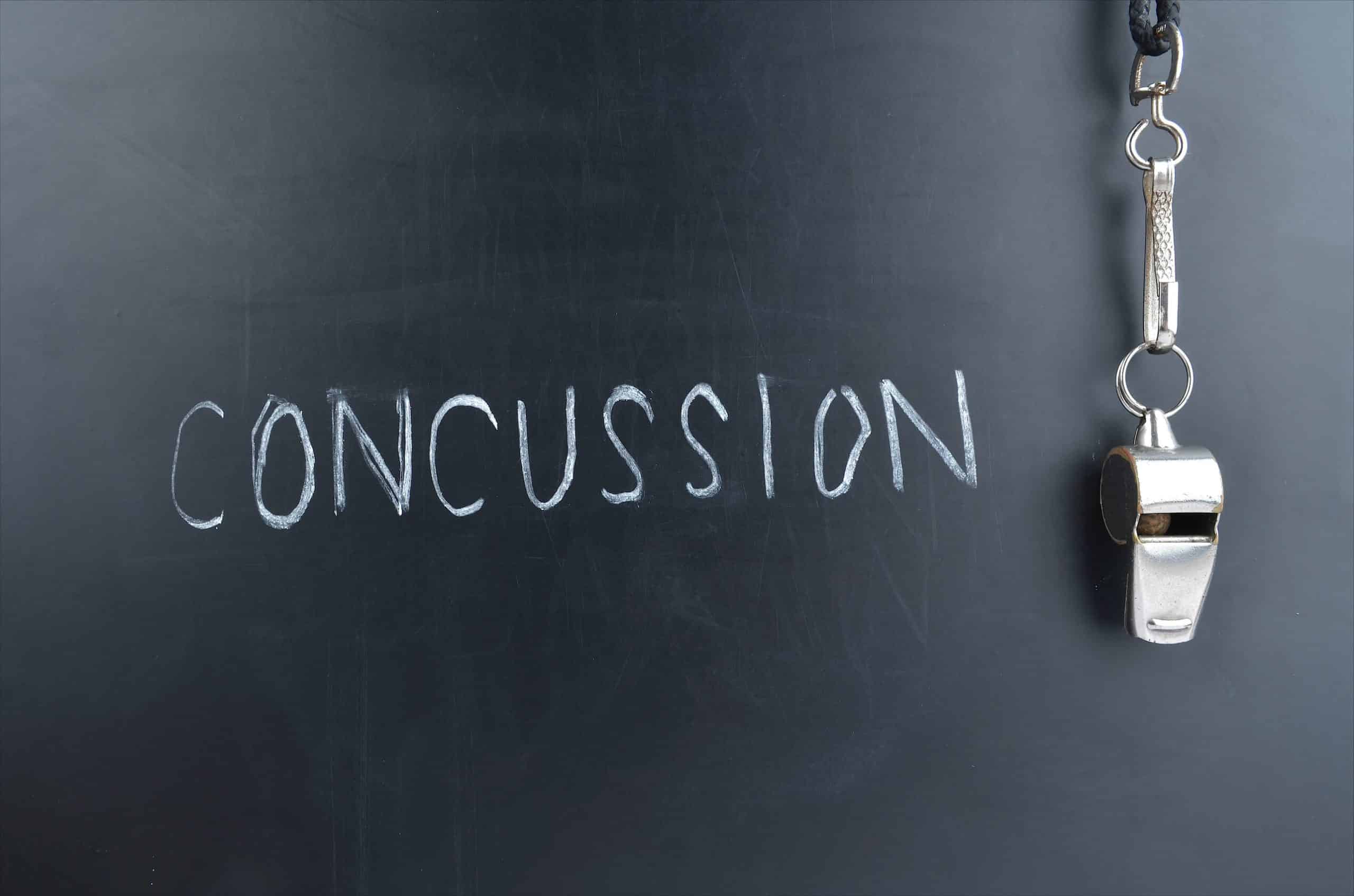Despite football not typically being associated as a sport where players are at high-risk to sustaining a concussion, there has been a recent growing awareness of the dangers of head injuries within football. The American Academy of Paediatrics now defines football/soccer to be a “contact/collision” sport, in the same category as American football and hockey.
Subsequently, there has been an increased demand for more to be done for footballers who sustain head injuries. There has been consistent pressure since Gordon McQueen was diagnosed with Dementia. His family believe that this condition was caused by the long-term effects of heading the ball. A recent article by the BBC demonstrated that research has found ‘small but significant changes in brain function’ after players have headed the ball just twenty times. The implications of this for professional players, who have a long career in football, is hugely detrimental and concerning.
A player’s immediate physical health is protected. These are, after all, players worth huge amounts of money and insured for vast sums. Therefore, they are protected to avoid obvious injury, which we see week in, week out where a player’s health would not be risked or jeopardised by them playing with a slight niggle of an injury. However, what about the long term, hidden injuries?
Despite sports equipment improving and the development in safety procedures, head injury in football is not something that was only prevalent among older players. It is easy to dismiss this as an issue with the old-style, heavy-duty leather balls, that we see in old black and white footage. Worryingly, it is a contemporary and current issue in respect of which we now have much more information about the potential damage.
Many have been critical of collision protocols. The demand for change came to a head when Robin Koch endured a blow to the head in a match against Manchester United in February of this year. Robin Koch was left covered in blood after colliding with McTominay in the twelfth minute of the match, but later returned to the pitch with his head bandaged, before going down again and only eventually being taken off in the thirty first minute.
Current football protocols
The Professional Footballers’ Association guidelines concerning head injuries during a match state that any player who is suspected to have a head injury should be removed immediately, and an extra, permanent substitution is allowed. However, due to the mounting commercial pressure to keep high paid players on the pitch, by management, this very rarely happens.
This then places an immense amount of pressure on medical professionals to keep top players on the pitch during important matches.
It cannot be understated how difficult it is to diagnose a concussion since there is no blood test or scan which can diagnose this condition. Diagnosis is made based on history and examination and often symptoms can manifest later – commonly over twenty minutes after the collision. Medics generally do not have enough time, opportunity, or tools to fully assess players with complex head injuries and permit players to play on.
The protocols are clearly unsatisfactory as severely injured players are still being allowed to play on.
Heading footballs ‘affects memory’ – BBC News
The brain injury charity, Headway, was furious with the Koch incident and have said that the current procedures do not prioritise player safety. Headway’s Deputy Chief Executive: Luke Griggs has said: “We cannot continue with a ‘patch them up, get them back out there’ approach to head injuries. Players must be protected.”
There is simply not enough being done to enforce the procedures that are in place. Players are evidently in danger and the long-term effects are now becoming ever increasingly clear to see with the likes of ex-players Gordon McQueen. Sport is beneficial to a person’s health, both physically and mentally, but at what cost? People will always be subjected to the risk of injury when participating in sport, but more must be done to lessen these risks. The risks involved with sports need to be taken seriously.
This article is written by Amelia Ward who is a Paralegal in the Personal Injury and Medical Negligence Department. The team are experienced in dealing with clients whose have suffered all kinds of head injury. If you would like to speak to one of the team, please contact BTMK on 01702 339222



















